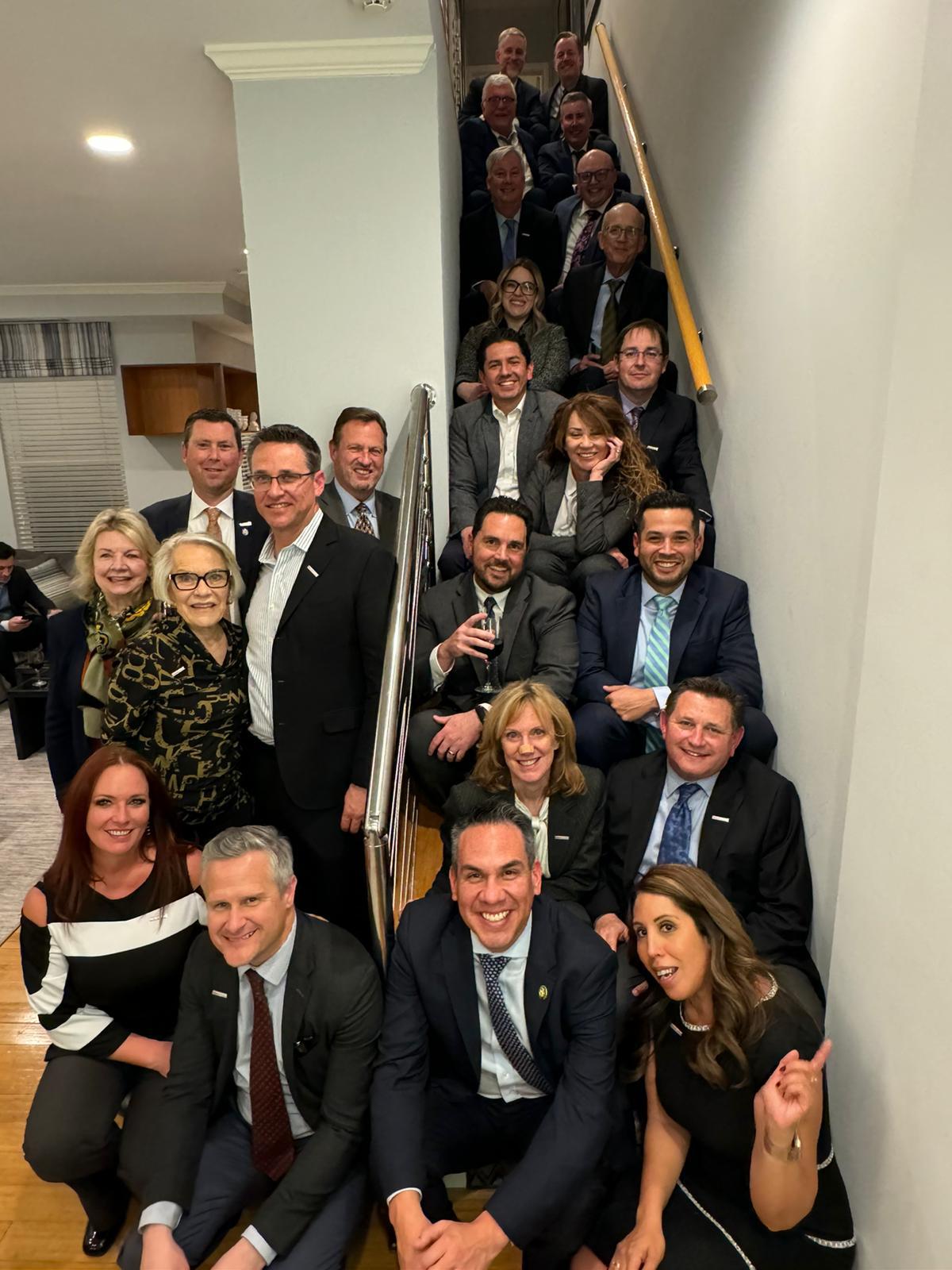Meeting with Inland Action

Inland Action meets with Carrie Harmon, SBCO Director of Community Development & Housing
On February 27, 2024, members of Inland Action met with Carrie Harmon, Director of Community Development and Housing for San Bernardino County. Director Harmon described the Community Revitalization Program that…
Making a Difference

Inland Action members make advocacy trip to Washington, D.C.
In March, 31 members of Inland Action participated in advocacy meetings in Washington, D.C. The group met with Senator Padilla, Congress Members Aguilar, Calvert, Chu, Ruiz, Takano, Torres, and members…















